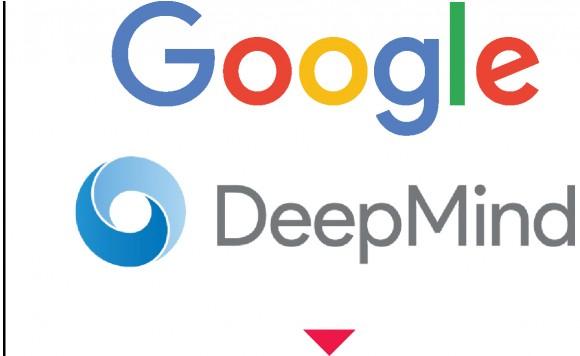
BIRMINGHAM, England—A deal that secretly shared 1.6 million people’s health data with Google’s DeepMind has been criticized over fears that the company could monopolize medical analysis.
The controversial deal between London’s Royal Free Hospital and the artificial intelligence company owned by Google is “a cautionary tale and a call to attention,” said the authors of a report published in the journal Health and Technology on March 16.
With enough data, artificial intelligence (AI) can learn to spot patterns that human experts miss, from security surveillance to fraud detection. AI companies like DeepMind are racing to develop medical algorithms capable of, for example, delivering precise radiotherapy treatments or assessing eye scans to diagnose potential blindness.
But because AI essentially learns on the job, partnering up with health organizations and learning through their data is vital.
“Google, Microsoft, IBM, Apple, and others are all preparing, in their own ways, bids on the future of health and on various aspects of the global health care industry,” said study authors Julia Powles and Hal Hodson.
London-based DeepMind, one of the world’s most high-profile AI companies, was bought by Google in 2014 for $400 million.
In 2015, DeepMind teamed up with the Royal Free Hospital to provide instant warnings via mobile app of acute kidney injury.
But seven months later, New Scientist magazine revealed that the public hospital had given DeepMind access to sensitive patient records stretching back five years, without the public’s knowledge.
The report by Powles, a University of Cambridge academic, and Hodson, a journalist, sparked an investigation by the U.K. Information Commissioner’s Office, which has yet to publish its findings.





